Phone hacking special report: The slide into crime at the 'News of the World'
Glenn Mulcaire was jailed for six months for intercepting phone messages. James Hanning tells his story in a new book. This is an extract
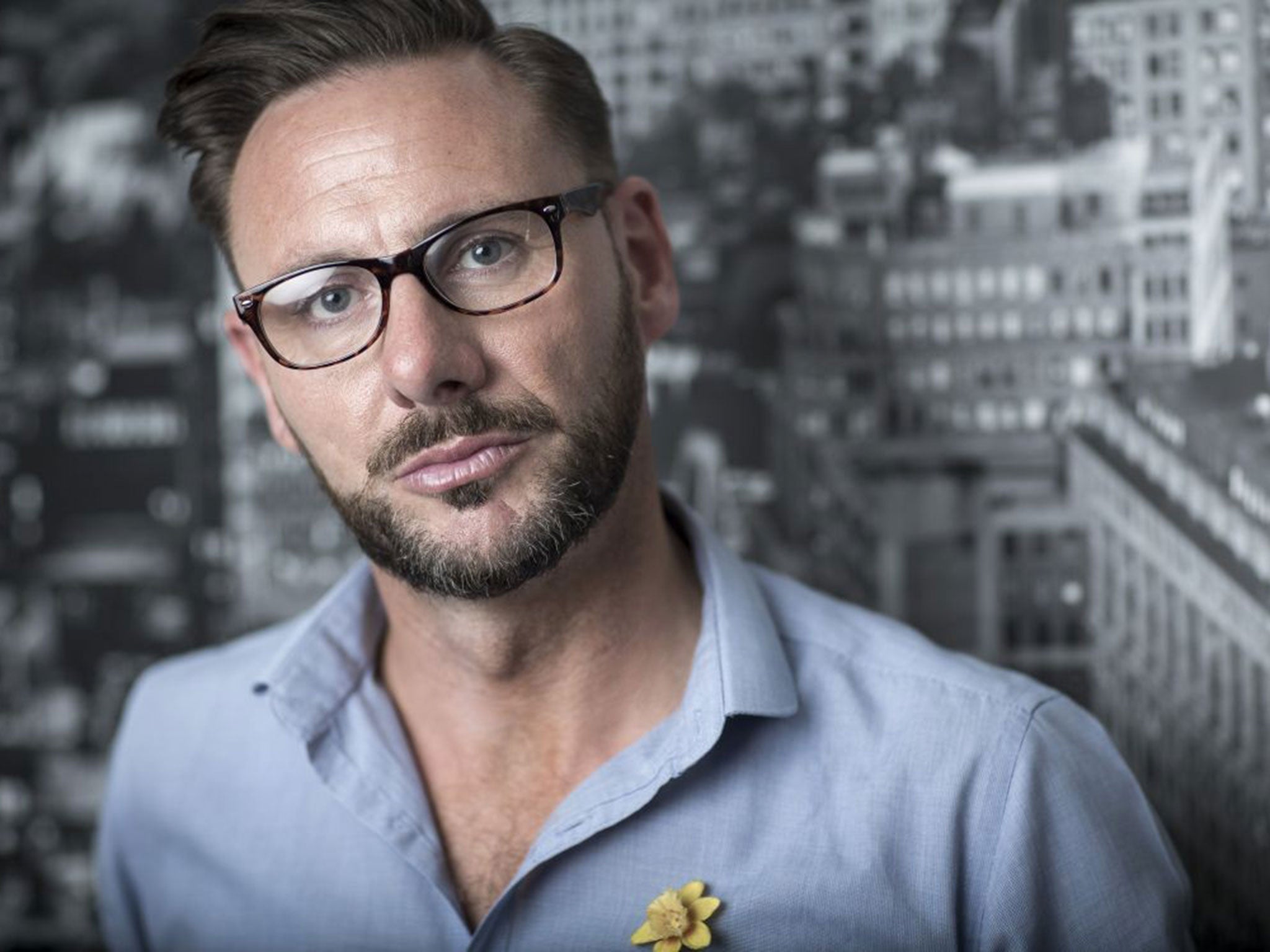
When Glenn Mulcaire, the man who came to public prominence for hacking the phones of celebrities, signed up to work exclusively for the News of the World, much of his work was doing serious investigations. In 2000, he became part of a new "investigations unit". And for the first three years of his time with the paper, he specialised in tracking down serious criminals, among them paedophiles and Islamic extremists. In 2014 the court heard how there were just 12 cases where he had unquestionably intercepted the voicemails of celebrities and others.
By 2004, having gained a regular berth and the confidence of some, at least, of his employers, he was feeling reasonably established, but the balance of his work had shifted more towards celebrities. Though he still did the more serious work, he was able to tell himself that all the celebrity stuff was just a means to an end. It was a delusion, he now recognises, not least caused by his head being turned by the status implied by being on a contract worth well over £100,000 a year.
But at the paper, things were changing. His chief protector in London, Greg Miskiw, had gone to work in Manchester. A lot of people thought they knew as much about the dark arts as Mulcaire, and many were hacking phones for themselves. Why did they need Mulcaire? Without Miskiw, Mulcaire had no one.
The arrival of new staff cranked up the pressure on the subordinates. News of the World royal reporter Clive Goodman told the Old Bailey later that the atmosphere while Andy Coulson was editor (from 2003) was "competitive, fast and quite bullying and menacing – there was an extreme drive for results … if a reporter did not deliver he would be hauled over the coals". Vanessa Altin, a former reporter on the paper, told Lord Leveson: "I was proud that the paper would pursue stories of national interest without fear or favour … [but] I returned from maternity leave to discover a new regime had taken over. The newsdesk …. [was] obsessed with sensational celebrity gossip. I was often asked to insert sensational words and sentences which I knew to be inaccurate or blatantly false … At the same time they started to employ more inexperienced graduate trainees who would do as they were told without question – leaving me in an unpopular minority. I went into the London office and raised my concerns directly with Andy Coulson – who dismissed them out of hand and said he had complete confidence in the newsdesk."
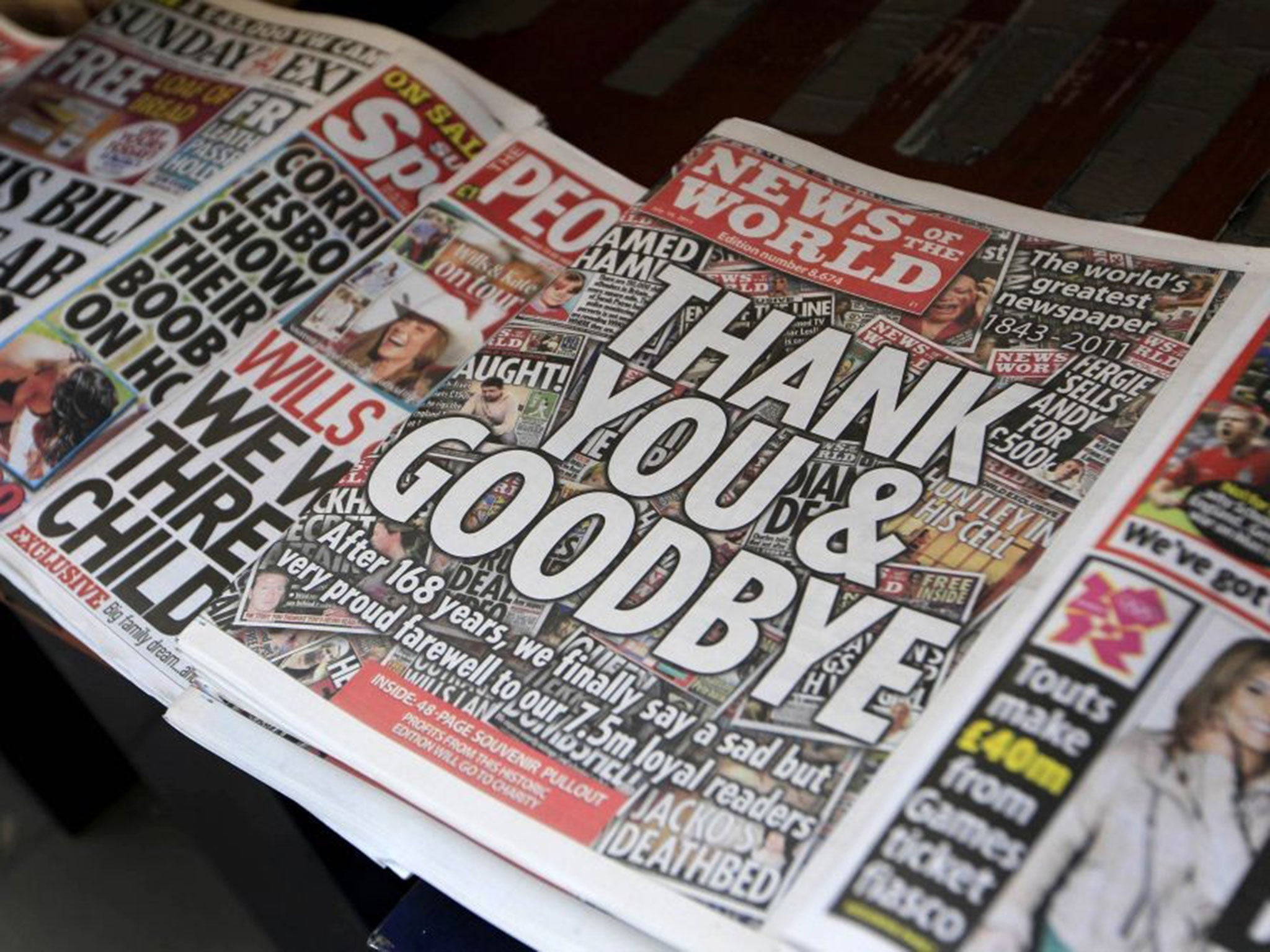
Previously, the likelihood was that Mulcaire would be called upon to execute specific, surgical tasks. But as time went on, the jobs became more numerous and the net was cast ever wider. The category of "fishing expeditions" grew enormously. These were the indiscriminate trawling of the private lives of (mostly) celebrities, in the hope of catching them doing something worth intruding into. Some time in 2004 (from his memory) Mulcaire met two news executives. Mulcaire expected an amicable discussion about a new contract, but he came away worried. The bosses did not give the impression of wanting to make friends. They said they wanted to continue the process that had gone before, with an increased emphasis on celebrities.
Mulcaire cannot recall exactly when, but says either at that meeting or on the phone later, he was told:"If you don't want to do it, we'll get one of the thousands in who will." It was a pretty bald assertion that if he thought things had changed, he had seen nothing yet. "I was caught in no man's land. Either they would make me overwork and make me crack or they would max out on everything they could get. I was boxed in."
A reporter from the paper recalled the changed climate in the office, which ran counter to the old newsdesk machismo. "Coulson was inexperienced and had to rely on PIs [private investigators] to stand stories up, which was really expensive and shouldn't have been necessary," he said. Another described how in the past there had been a discreet way of using blaggers and private investigators: "There wasn't much we couldn't get, in terms of phone numbers, addresses, records and so on. It was OK when it was done judiciously, but then the halfwits turned up and they went and put it all in the paper." Another said: "They didn't have contacts or ability. Doing the phones was a tool which made their lives easier."
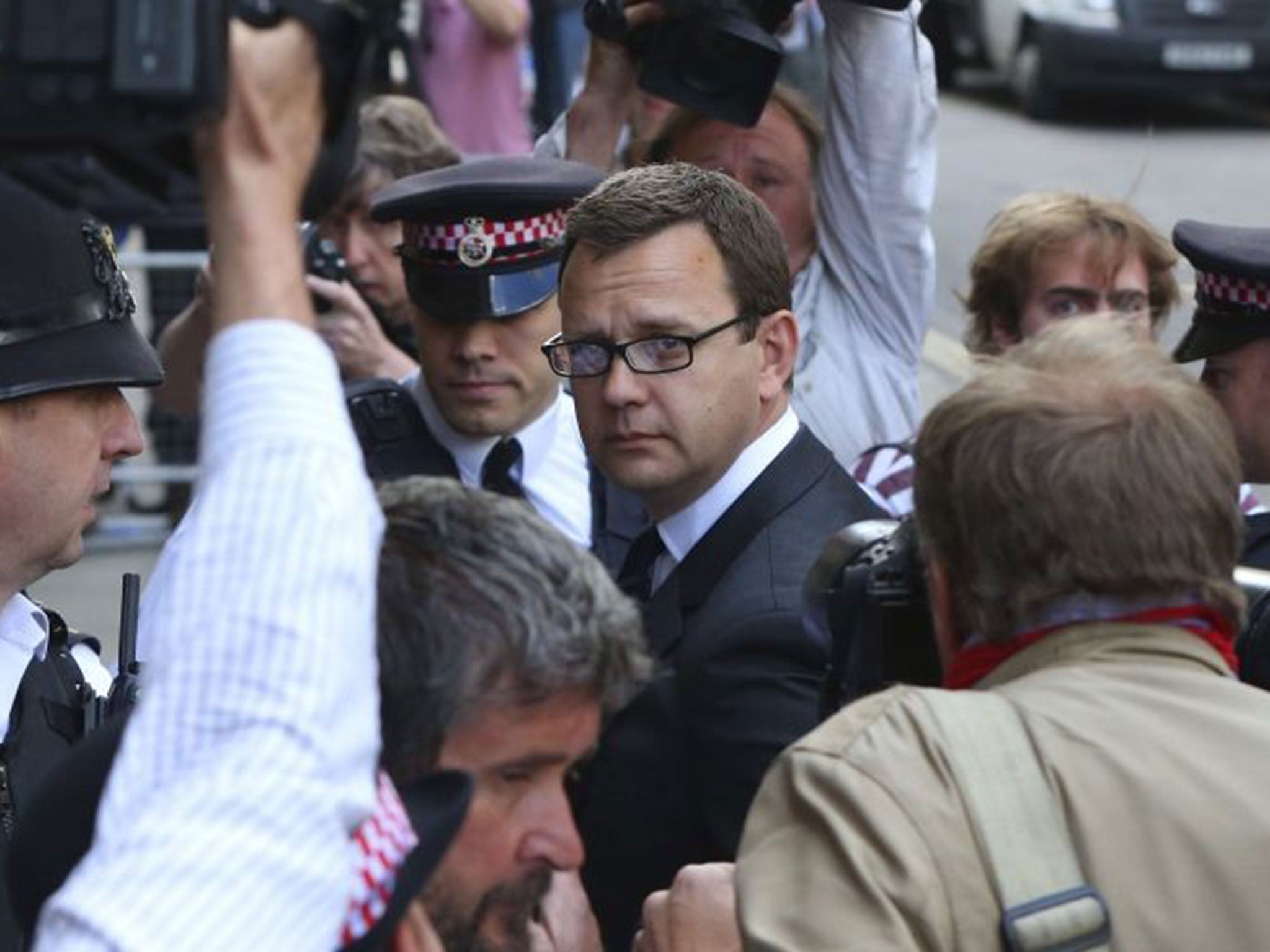
Mulcaire felt himself to be deluged with requests. He refers to this period as "the spike", spraying the room with imaginary machine-gun fire. The mounting pressure took its toll. He was working enormously long hours, drinking to excess, suffering from anxiety disorder and panic attacks, and was prescribed with beta blockers and Prozac. "I used to work long days, often 15 hours, from Tuesdays to Fridays, and then be off with the kids at the weekend, and free on Monday." But gradually they wanted him on Saturdays and Mondays.
"I was getting asked to do something on average about every 10 minutes. The phone barely stopped ringing," he remembers. Mostly the sort of things he was asked to do related to stories of little interest to him personally, usually the private lives of soap stars or other celebrities. One lawyer familiar with Mulcaire's activities said in 2013 as the trials approached: "I didn't think I'd ever say this, but I now feel a bit sorry for Glenn Mulcaire.
"From what I understand, he started out doing the sort of work that traditionally public-spirited newspapers do, and under the weight of what he was asked to do he became completely institutionalised and stopped asking questions."
That period, at its worst in 2005 and 2006, was, for Mulcaire, the grimmest of his career. Mulcaire felt trapped. "If I'd not done what I was asked," he said, "I would have been blacklisted and unemployable. I would have become a bad name in the trade, so I was perfectly placed to be betrayed. It was damned if you do, and damned if you don't. How do you explain to the kids that we can't go on living in this house any more? I couldn't have done that. The carrot got shorter and the stick got longer, and I should have cultivated other outlets."
Although the paper was winning awards, the pressure, particularly for celebrity-driven stories, was greater than ever, and some of the older guard were feeling less and less welcome. Clive Goodman, a long-time servant, was demoted from the post of assistant editor on the news desk – effectively the control room – reporting directly to Coulson, to a post as a mere news-getter, reporting to the news editor.
Mulcaire became concerned that having helped the paper in its mastery of the dark arts, he had become the author of his own obsolescence. Having shown many the way, he might then not be needed, or so he feared. (In fact, that fear seems groundless. A former News of the World stalwart said: "Mulcaire was too good at his job. He just brought in too much good stuff.") So on occasions, having cracked a particularly difficult number that he knew would be of value to the news desk, he would make a note of the information and change the PIN number again to a number that only he knew, to secure his own role as gatekeeper to that celebrity.
Clive Goodman suggested a scheme whereby he and Mulcaire would work in tandem on specifically royal stories. Having initially got on OK with Andy Coulson – the pair had gone to one another's weddings – Goodman found he changed after becoming editor. "He became more aggressive and bullying, I was forever being berated for the lack of quality of my stories; he meant to degrade you … It was humiliating, and intended to be humiliating," he said.
In Mulcaire he saw an entrée to all sorts of royal goodies. "He floated a trial balloon," remembers Mulcaire. "I wasn't certain at that stage if they were going to renew my contract, or if I wanted them to, so I thought 'hang on, this might work'," said Mulcaire. "I could see what Clive's personal agenda was, and actually I felt a bit sorry for the way he had been edged out, but I could see how it might work for me as well." Most importantly for Mulcaire, he hoped Goodman would be his "ears" in the office, someone to tell him the gossip and who was up, who was down.
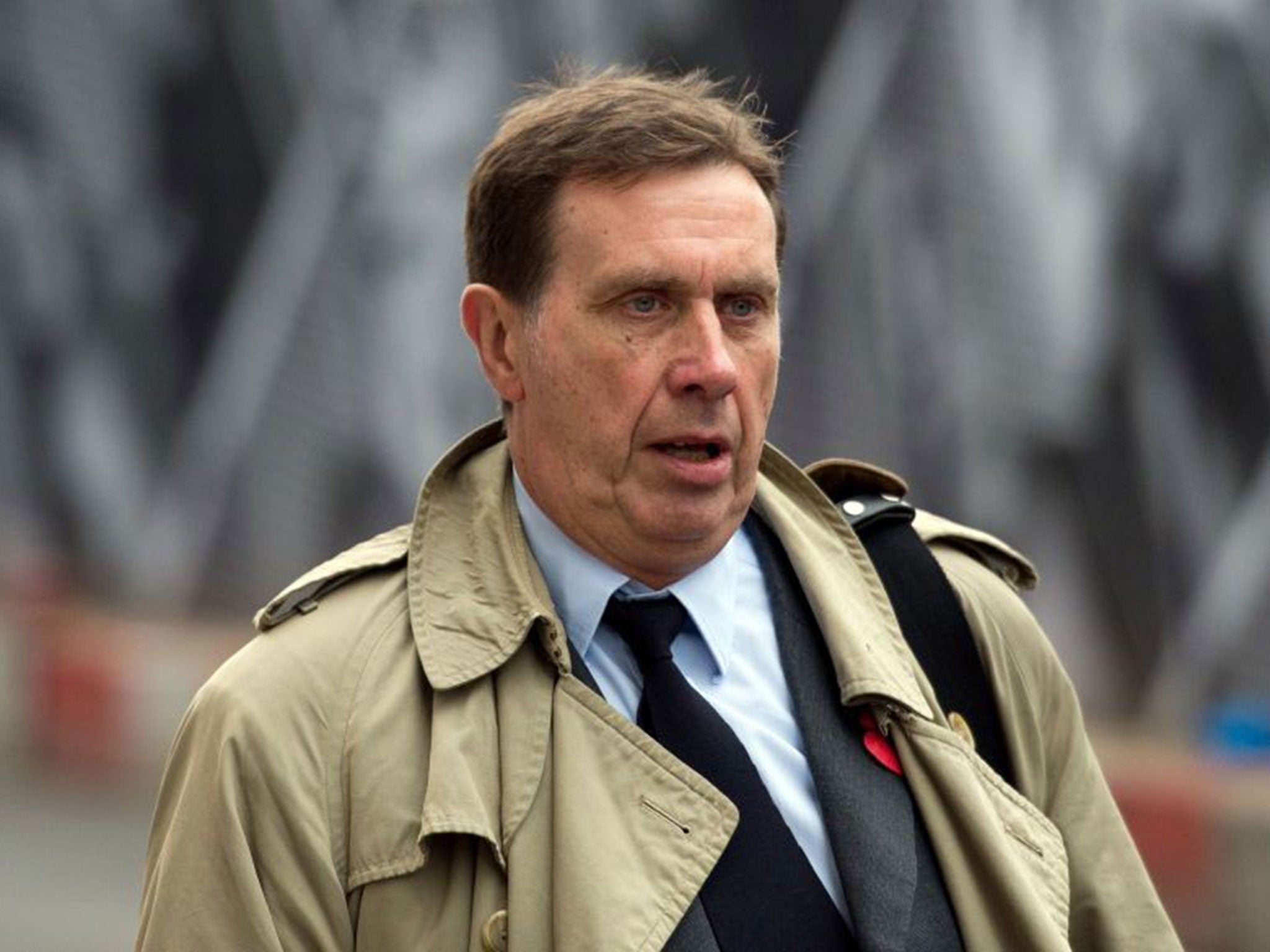
Goodman sent Coulson an email: "A few weeks ago you asked me to find new ways of getting into the [royal] family, especially William and Harry and I came up with this. It's safe, productive and cost effective and I'm confident it will become a big story goldmine for us." Goodman would supply Mulcaire with phone numbers, Mulcaire would acquire the PIN numbers and the reporter would do the rest.
A number of stories with a decent ring of truth began to appear in the newspaper. In October, Goodman sent Coulson an email, gleefully reporting "new project starting to get results, William's office in meltdown".
In November the story about the Prince having a knee injury, of which only a tiny handful of people knew, appeared in the News of the World. Such was the flow of detailed information about the princes (what pictures they had in their bedrooms, what their essays were about, who they were inviting to their parties and so on) that they reached that happy state for a journalist whereby they have sufficient information that they need to self-censor in order not to reveal their source.
The following week, a second article claimed that Tom Bradby, ITV's political editor, had lent the Prince some broadcasting equipment. This was a domestic detail too far. Bradby and the Prince concluded this was not just somebody being indiscreet. There was something very wrong going on.
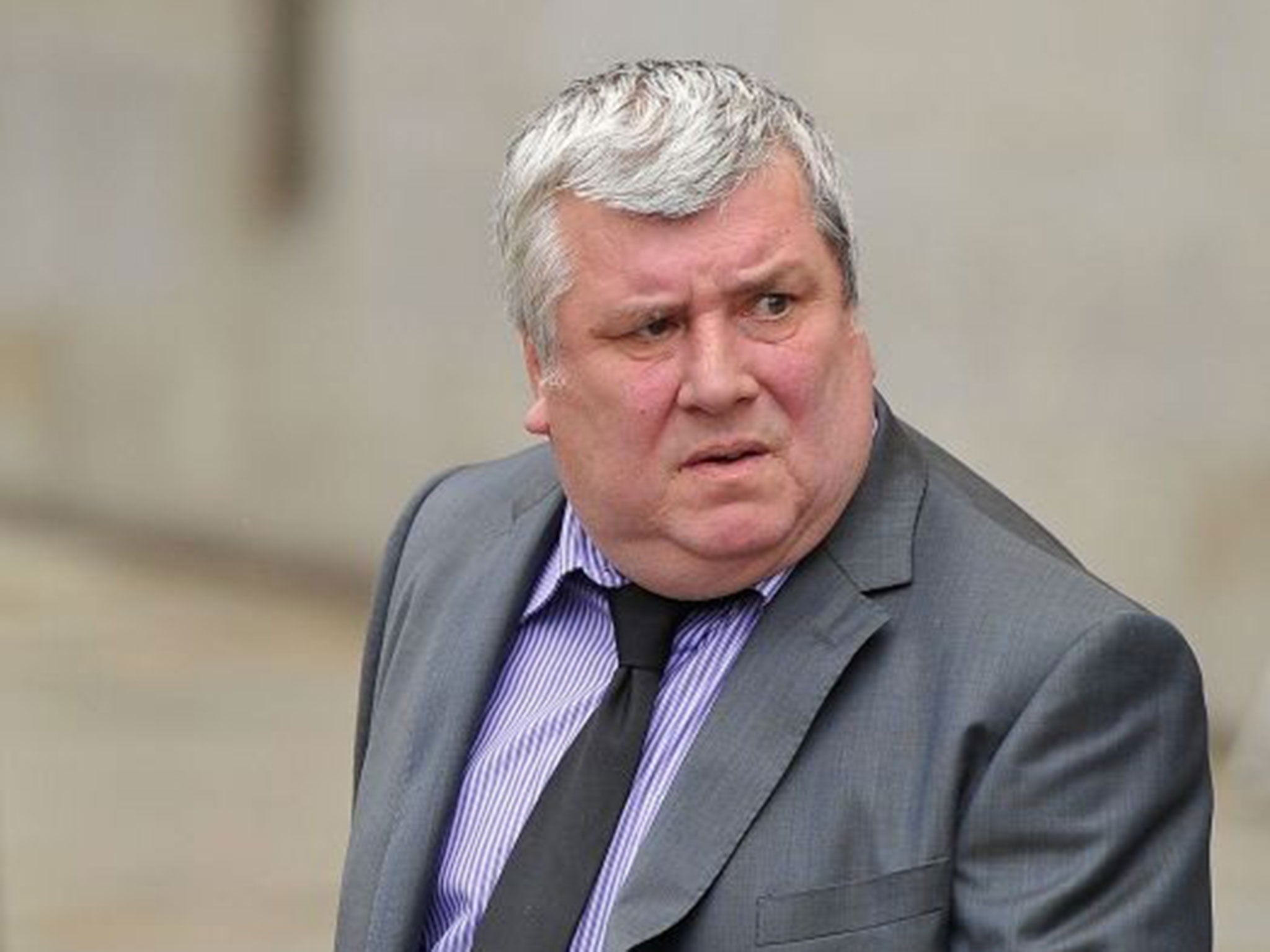
Mulcaire remembers Goodman losing sight of the seriousness of what he was doing. "This wasn't a normal interception story," he recalls. "This had immense security issues attached. I knew a threshold had been crossed … I remember saying to Goodman that we need to cool off.
"There's a security warning flag on the account, and they don't get any higher than that. If you're not going to stop at those warning signs, you're going to be in trouble. He just didn't grasp the gravity of the warning. I told him we need to calm down, go off the grid some time, and I wasn't even sure we'd get back on. It was that serious." The following summer, the pair were arrested.
The full story
This is an edited extract from The News Machine, by James Hanning, with Glenn Mulcaire (Gibson Square, RRP £12.99). To buy it for £11.69 (free P&P) call 08430 600030.
Tomorrow: How the former youth worker became one of Fleet Street's best 'blaggers'